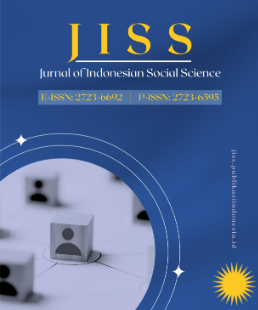
Abstract The coronavirus disease 19 (COVID-19) has become a challenge for the media world. Even though they have been declared cured, some Covid-19 survivors still have health complaints. Abnormal symptoms, signs, or clinical parameters that persist two weeks or more after the onset of COVID-19 and do not return to their initial healthy state are potentially considered long-term effects of the disease. Although such changes are primarily reported in people with severe and critical illness, lasting effects also occur in individuals with mild infections that do not require hospitalization. This study aims to explore the role of antioxidants on the pathogenesis of Covid19 and its relationship with SOD1, 2 and 3 genomic variations. Getting alternative biomarkers for long covid19 detection. Research Method: The research sample is blood and questionnaires that will be taken from respondents affected by Covid19 a maximum of 6 months before data collection is held. Furthermore, DNA isolation, DNA amplification, cutting with restriction enzymes, and DNA band documentation with gel electrophoresis will be carried out. Symptoms related to systemic are the most common symptoms found in respondents with Long Covid19. A total of 8 respondents had systemic related symptoms, namely weakness, lethargy and sweating, while skin-related complaints were found in three respondents and one respondent had lung-related complaints. The average SOD activity value of respondents was 2.19 U/ml. In this study, more symptoms of long COVID-19 were found associated with systemic and cardiovascular symptoms. The complaints were not differentiated by the sex of the respondents. The output draft will be processed immediately after getting other results.

Oleh :
Sisca